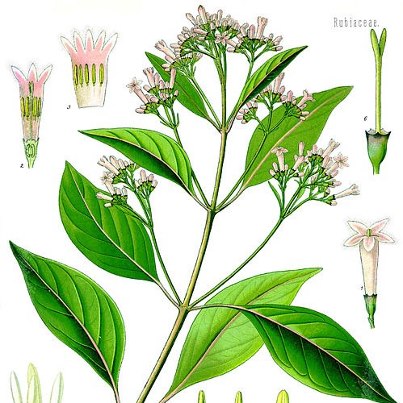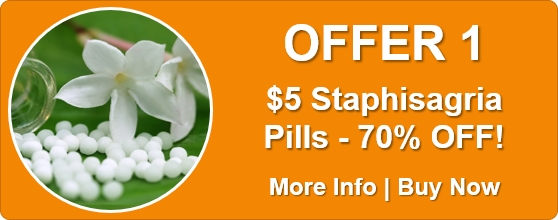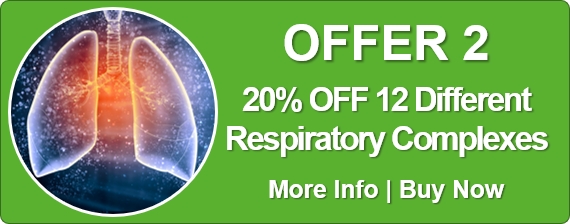Cinchona officinalis (Chin.)
 Cinchona officinalis, also known as qinchona or Peruvian bark, is a tree that grows to 15-20 metres in height. It is native to the rainforests of South America. The bark of the tree, from which the homeopathic remedy China is prepared, contains quinine. It has been traditionally used as an antimalarial, digestive aid, antiparasitic, antispasmodic, and antipyretic (reduces fever) and is still cultivated and used conventionally for malaria and leg cramps today.
Cinchona officinalis, also known as qinchona or Peruvian bark, is a tree that grows to 15-20 metres in height. It is native to the rainforests of South America. The bark of the tree, from which the homeopathic remedy China is prepared, contains quinine. It has been traditionally used as an antimalarial, digestive aid, antiparasitic, antispasmodic, and antipyretic (reduces fever) and is still cultivated and used conventionally for malaria and leg cramps today.
Cinchona officinalis has the distinction of being the first remedy entered into the homeopathic materia medica after an accidental proving by Hahnemann, the founder of homeopathy. After ingesting Cinchona and experiencing malaria-like symptoms, Hahnemann hypothesised that it was effective in treating malaria because it also produced the symptoms similar to those of malaria … and so homeopathy was discovered.
Homeopathically, China is useful for symptoms occurring after the loss of body fluids (perspiration, haemorrhage), hypersensitivity to stimuli, and digestive bloating that is not relieved by burping or eructations. People requiring it often easily offended but clear-headed in the evening, making ambitious plans that then seem foolish in the morning.
Common Uses
When the remedy matches the symptom profile, China has the ability to treat conditions such as anaemia, asthma, cholecystitis, chronic fatigue syndrome, diarrhoea, fever, gastritis, headache and migraine,inflammatory bowel disease, myalgia and neuralgia, malaria, peptic ulcer, and spenomagaly.
From the Old Masters
Lippe says:
MIND AND DISPOSITION.
- Indifference and apathy.
- Disposition to be alone.
- Ill-humor, with disposition to hurt other people’s feelings.
- Nervous irritation, with slowness of ideas.
- Full of projects and ideas, especially in the evening and at night.
GENERALITIES.
- Over-sensitiveness of the nerves, (from loss of fluids).
- Numbness of the parts on which one lies.
- Congestions.
- Veins are much enlarged.
- Emaciation.
CONDITIONS.
- Paroxysms of pain caused by the slightest contact, and then gradually increasing to a great height.
- The least draft of air causes suffering.
- Bad effects from the loss of animal fluids. (Masturbation).
- Aggravation at night after drinking, after the chills, from milk, from touching the parts softly.
Hering says:
MIND.
- Chooses wrong expressions, or misplaces them.
- Slow train of ideas.
- Ideas and projects crowd on his mind, especially in evening.
- Fixed idea that he is unhappy, persecuted by enemies.
- Delirium after depletion ; on closing eyes, sees figures of persons.
- Compelled to jump out of bed ; wants to destroy himself, but lacks courage.
- Inclined to reproach and vex others.
- Dislike to all mental or physical exertion.
- Low-spirited, gloomy, has no desire to live.
- Dread of dogs and other animals at night.
- Inconsolable anxiety, even to suicide.
- Indifference, apathy.
- Ill-humor.
- Stubborn, disobedient, longing for dainties ; face pale, or at times red ; restless all night ; children.
- Intolerance of sensual impressions.
- Nervous irritation.
- Worse exerting the mind.
SENSATIONS.
- Pain in every joint, bones, periosteum as if strained.
- Pains with lameness or weakness of affected parts.
- Single parts feel pithy, numb.
TISSUES.
- Hemorrhages from mouth, nose or bowels ; wants sour things.
- Glands swollen, hot, painful.
- Chlorosis, dropsy, poor digestion ; after exhausting diseases or discharges.
- Red inflammatory swellings.
- Wounds become black, gangrenous.
- Muscles lax.
- Emaciation, especially of hands and feet ; atrophy of children.
- Humid gangrene ; parts turn black.
- Anasarca, ascites in the aged ; also from liver and spleen disease ; drunkards.
- Caries with profuse sweat.
STAGES AND STATES.
- Swarthy persons.
- Debilitated, “broken down”, from exhausting discharges.
- Old women after menopause ; pleurisy, dropsy.
Nash says:
- Debility and other complaints after excessive loss of fluids, blood-letting, etc.
- Hæmorrhages profuse, with faintness, loss of sight and ringing in the ears.
- Great flatulence, with sensation as if the abdomen were packed full; not > by eructation or passing flatus.
- Painless diarrhœa (yellow, watery, brownish, undigested).
- Periodical affections, especially every other day.
- Excessive sensitiveness, especially to light touch, draft of air; hard pressure relieves.
- Modalities: < from slight touch, least draft of air, every other day. > by hard pressure on painful part.
- Dropsy following excessive loss of fluids; great debility, trembling, aversion to exercise; nervous; sensitive to touch, to pain, to drafts of air; unrefreshing sleep after 3 A. M.
- Face pale, hippocratic; eyes sunken and surrounded by blue margins; pale, sickly expression, as after excesses.
- Hæmorrhages; from all outlets (Crotalus, Sulphuric acid, Ferrum). Blood dark, or dark and clotted, faiths ringing in the ears, loss of sight, general coldness and sometimes convulsions (Fer. phos.).
- General shaking chill over whole body.
Important
While the above self-limiting, acute complaints are suitable for home treatment, see your healthcare provider if symptoms worsen or fail to improve. Chronic or persistent complaints, which may or may not be mentioned, require a different treatment and dosage protocol so are best managed by a qualified homeopath for good results.
Sources
Textbook of Materia Medica by Adolph Lippe M.D. 1886 Publishers: AJ.Tafel
Constantine Hering. 1877. Condensed Materia Medica. Publishers: Boericke and Tafel
E. B. NASH. 1899 Leaders In Homoeopathic Therapeutics. Publishers: Boericke and Tafel






